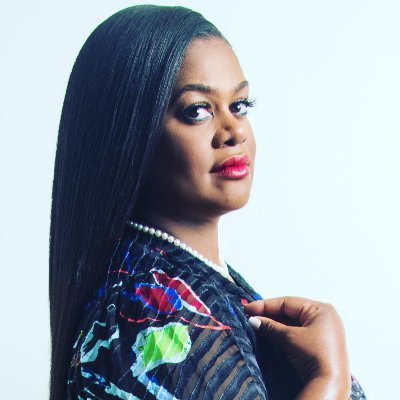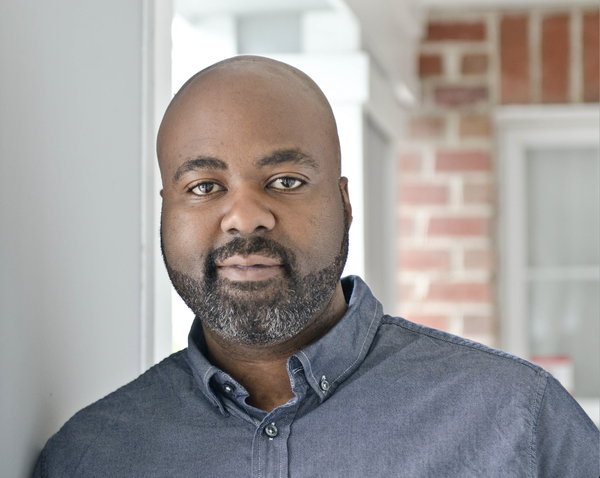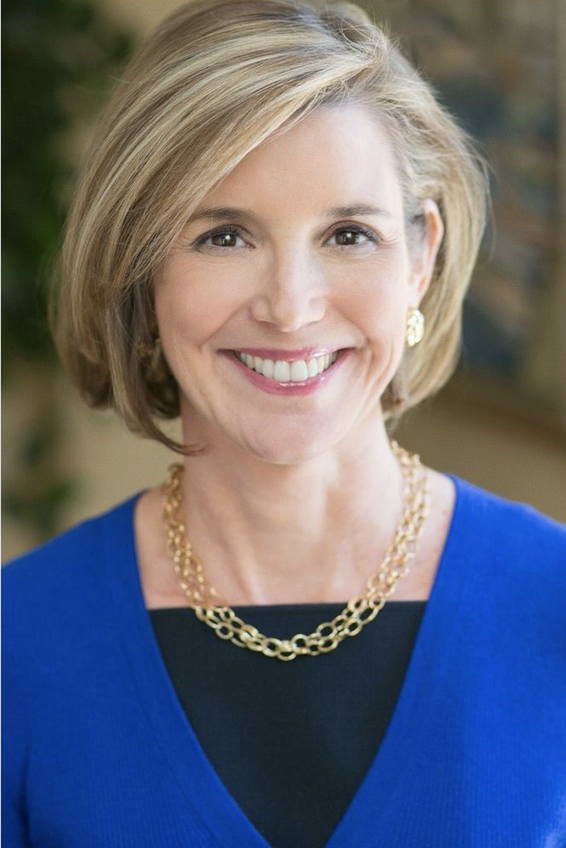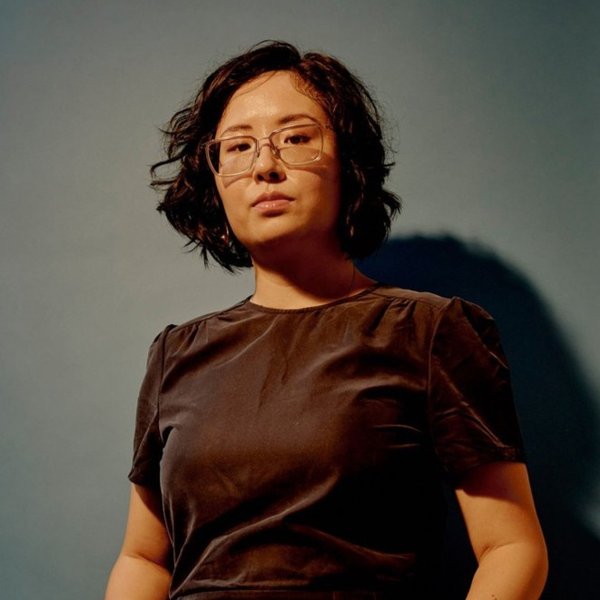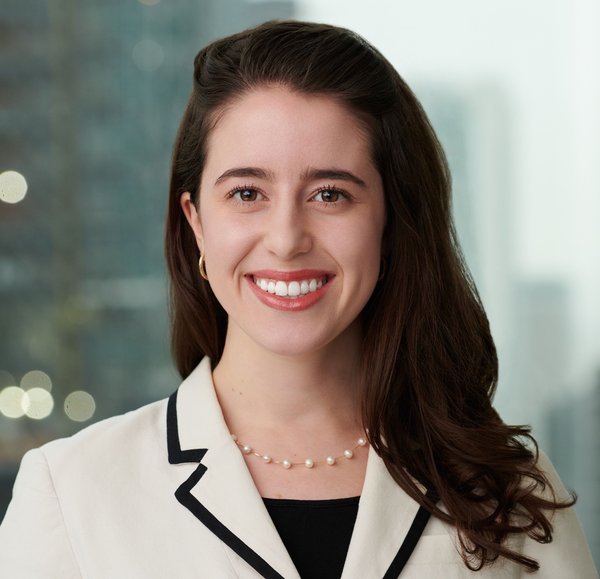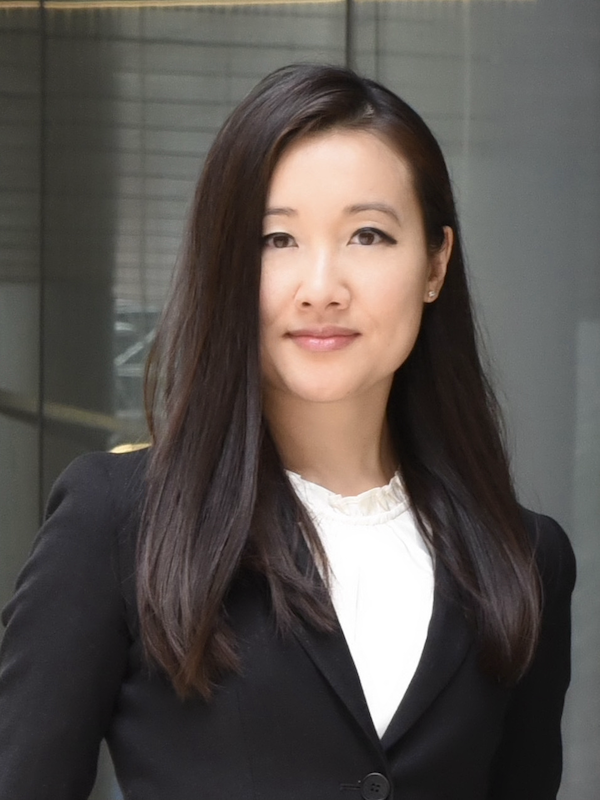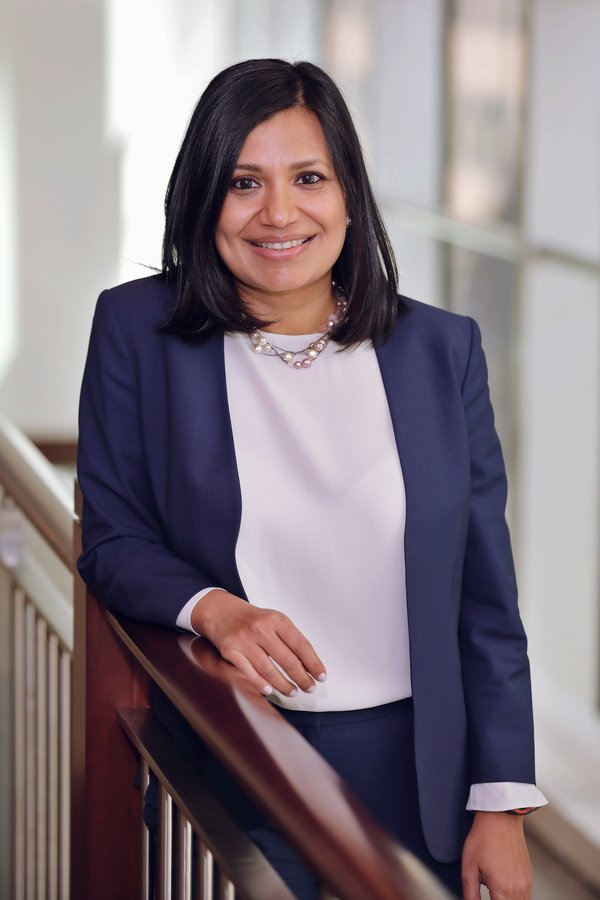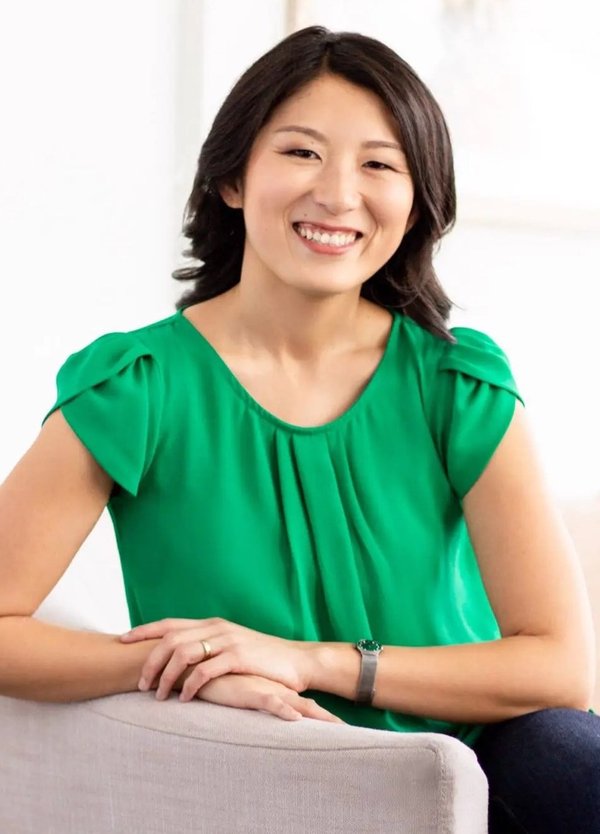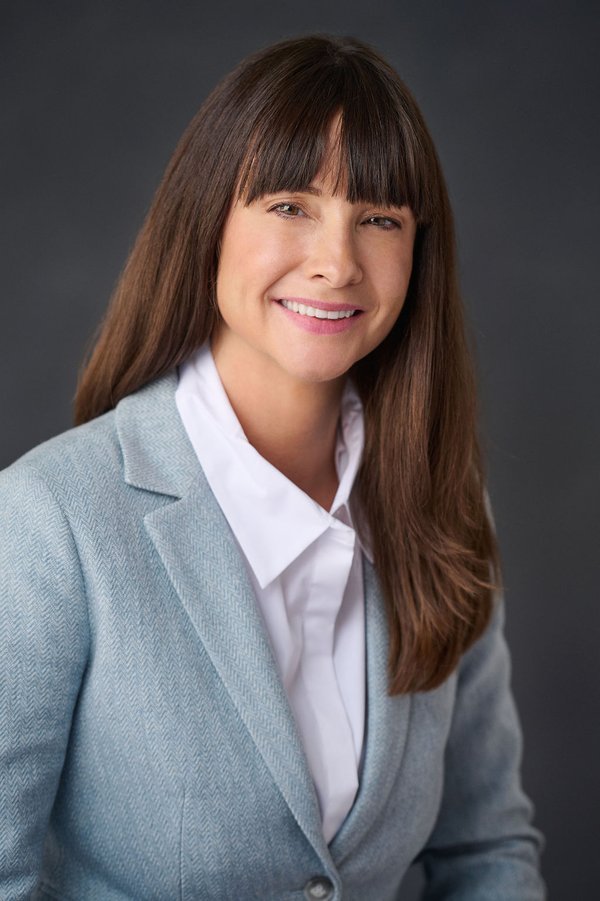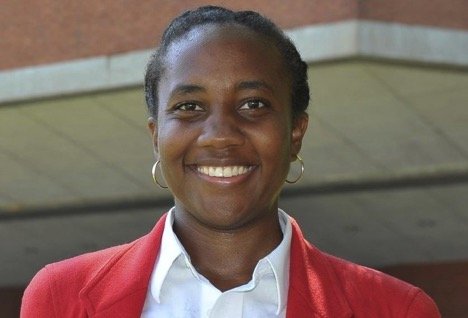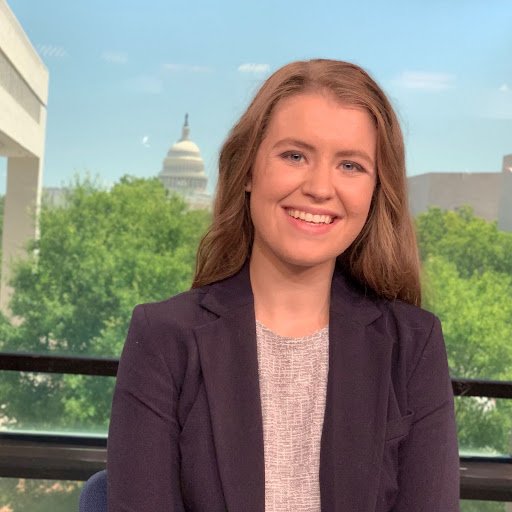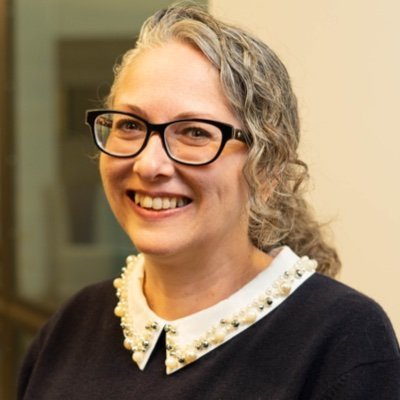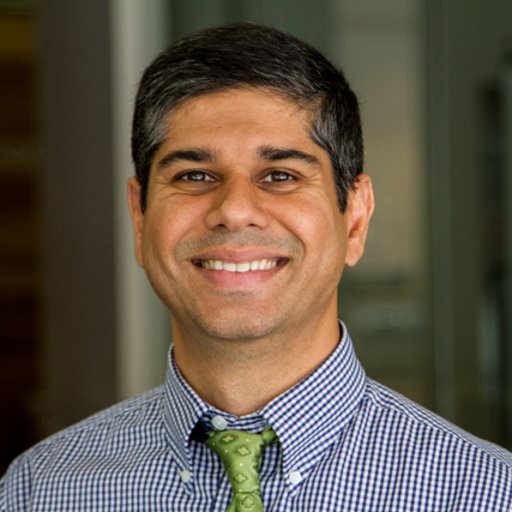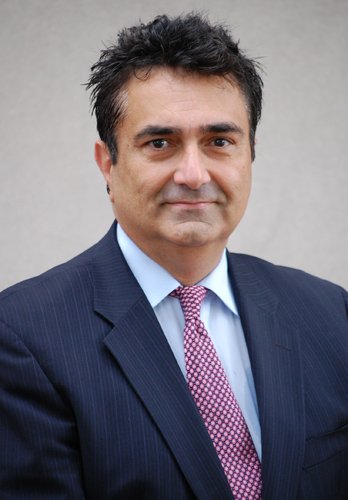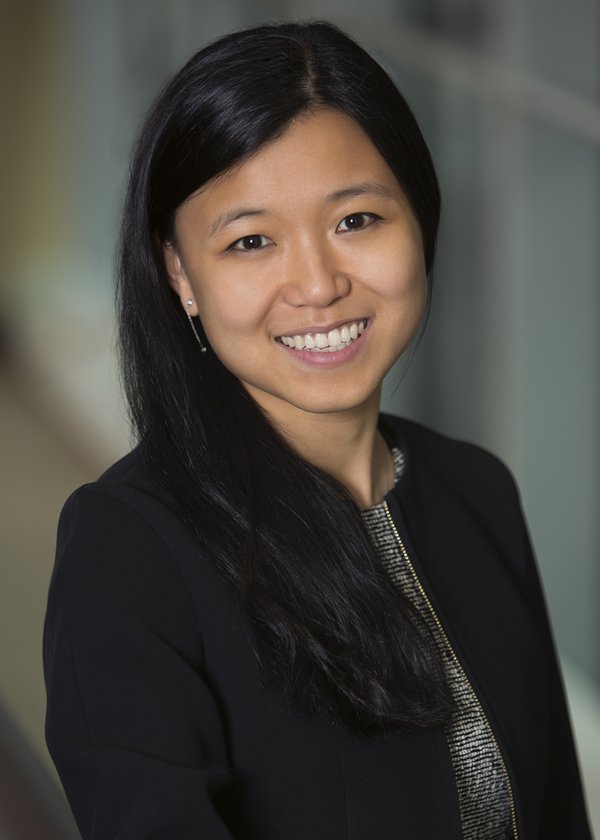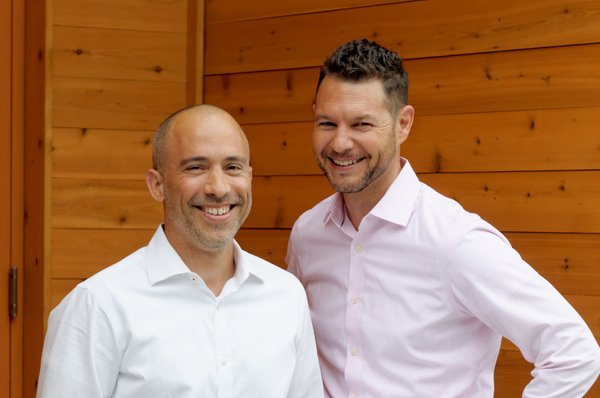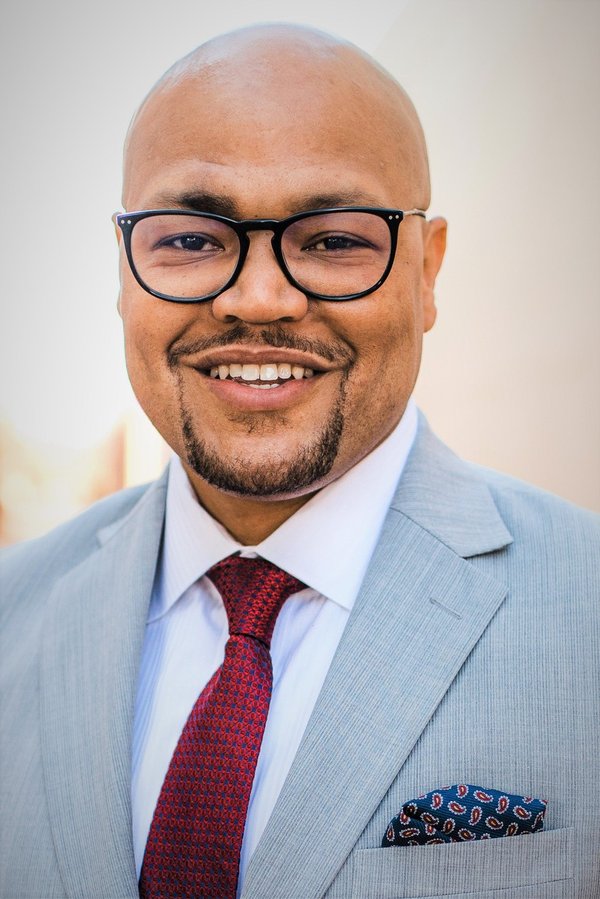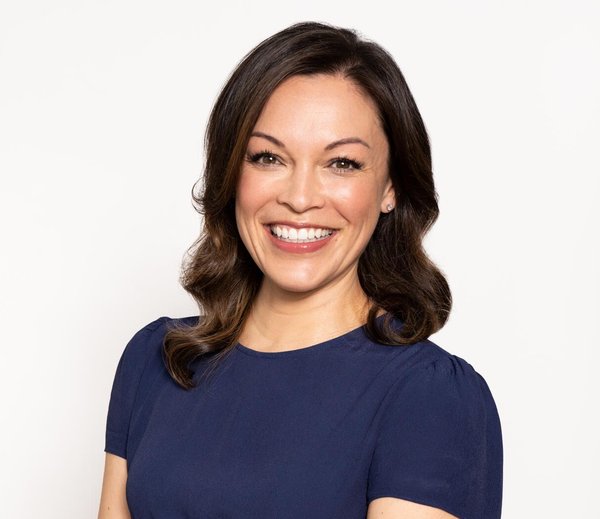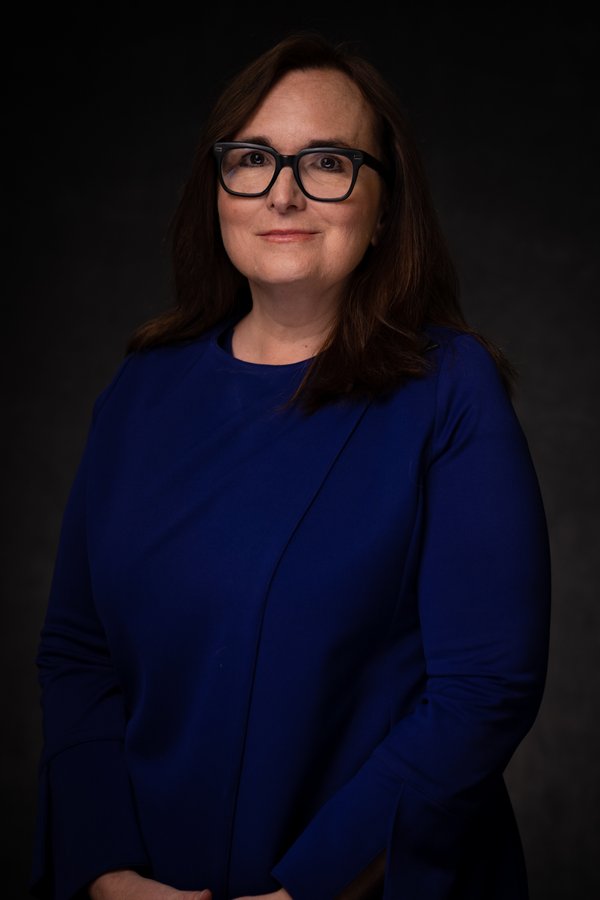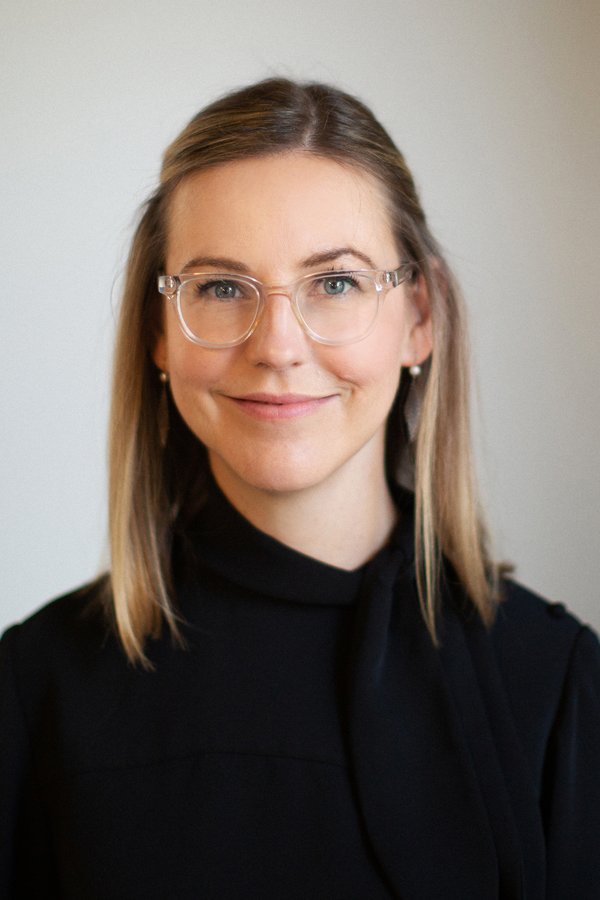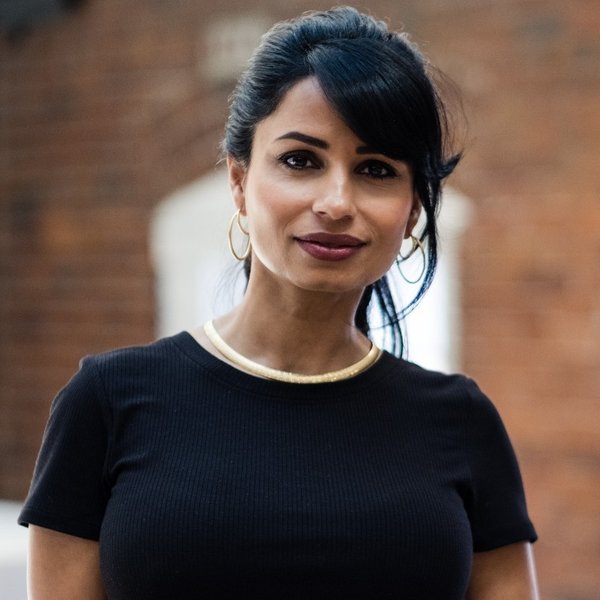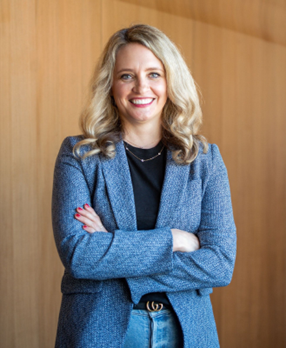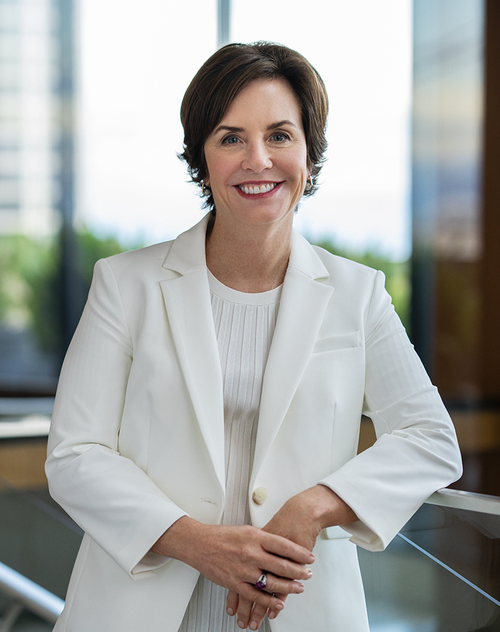
Carrie Schwab-Pomerantz, CFP®, is president of the Charles Schwab Foundation. She is a leading advocate for financial literacy and has devoted her career to helping people from all backgrounds achieve financial security. She also oversees Schwab’s corporate philanthropy and employee volunteer programs, which aim to strengthen the communities where Schwab operates.
In 2010, Schwab-Pomerantz was appointed by former President Obama to his Advisory Council on Financial Capability, and she also advised the council under former President George W. Bush.
Her latest book, The Charles Schwab Guide to Finances After Fifty, was described by The New York Times as “an excellent personal finance book.” She also writes a syndicated financial column, “Ask Carrie.”
Schwab-Pomerantz earned a bachelor’s degree from the University of California, Berkeley, and an MBA from George Washington University. She lives with her husband, Gary M. Pomerantz, in San Francisco. They have three grown children.
Carrie's Investing Style
How many years of investing experience do you have? 20+ years
What is your investing risk tolerance? Medium-high
What is your portfolio size? 20+ stocks
What are your favorite investing sectors? Healthcare, financials, information technology
When did you get started in investing and why?
My first investment was in 1983 when Bank of America acquired Charles Schwab. I had just got my broker’s license. The company offered employees the option to buy Bank of America stock commission-free, so I bought two shares for a total of $44. Because of the merger, my dad became Bank of America’s largest shareholder, and I became the smallest. I still own those shares.
Can you tell us a little bit about your relationship with money at an early age?
It started with my parent’s divorce, which opened my eyes to the gender roles I saw growing up in family and society. I saw early in my life that financial literacy impacts everyone. It is blind to race, gender, age, or socioeconomic status, and it permeates every aspect of our life, whether it’s living paycheck to paycheck, being bypassed for credit, experiencing stress at work, or the inability to leave an abusive relationship. I’ve served on the Commission on the Status of Women in San Francisco and on both President Bush and Obama’s President’s Advisory Council on Financial Capability, and that work has shown me how universal this problem is and how financial literacy can help solve some of these issues.
What has your journey been like as an investor, and what are some of the challenges you’ve had to overcome?
I was a DIYer when it came to managing my finances until I was in my early 40s. I took pride in doing it myself – after all, I am a CFP® – and I also didn’t like the idea of sharing my finances with a “stranger.” But my life got more complex – I was raising three children, traveling around the country for work, and serving on the board of a nonprofit – and I realized I couldn’t stay on top of my finances the way I should. A colleague suggested that I get professional help, and since then I’ve used a financial advisor, but I am still very hands-on. I’m a big believer in getting professional help, even if you are a financial professional yourself.
Growth Fund
What’s one story from your life that totally defines who you are today, and how has that impacted your investing career?
When I was in my early 20s and made my first contribution to my IRA, I called my dad for investment advice. I thought he would give me a hot stock tip and I would make a lot of money right away. Instead, he said, “Pick two equity funds and split the money.” I was so disappointed, but it was a good lesson that it’s not about the hot stock but about participating in the markets over the long term. One of the best things young investors can do is to invest in an index equity fund so they get broad diversification, professional fund management, and low fees.
You juggle so many tasks and wear so many hats. How do you manage the balance between your work life and your personal life and still manage to meet your investment goals?
I’ve learned to accept that I will never have a perfect balance. I’m happiest when I have a full life and a lot to juggle. But, admittedly, it can be hard to keep up with everything. My strategy is similar to how I approach investing, which is to diversify and rebalance as my life changes, and make sure all the categories in my life – family, friends, health, fun, philanthropy, etc. – work together. Sometimes I need to put more emphasis on my family, and, at other times, on my work. To be efficient, I go on long hikes with family and friends so I’m visiting with them, connecting with nature, and fitting in exercise. And, through my philanthropic work, I get to work side by side with smart, passionate people who become my friends and part of my social life. It’s a win-win. In terms of my finances, my advisor handles the day to day, which gives me the time to focus on these other areas of life.
If you could go back in time and change one thing about your investing strategy, what would you change and why?
I would have gotten professional help sooner. As I mentioned, I felt a sense of pride and privacy about managing my own finances. But I’ve learned that there are professionals who will look out for your best interests and talk to you about your goals and concerns without judgment.
I think of a financial advisor like a fitness coach. You have someone trusted to review your investments, help you keep your emotions out of the equation, and ultimately help you get better results.Carrie Schwab-Pomerantz
What are three things that really excite you about the future of investing?
1. Investing has become more accessible than ever through lower costs, technology that makes it easy, and more information available at your fingertips. As a result, more people who have been underserved by the financial services industry are becoming investors and have the opportunity to build long-term wealth.
2. We’re seeing more young people and people of color start investing earlier in life, which will help level the economic playing field and close the wealth gap for people of color. Schwab research shows that families are talking more about money with their kids, which helps demystify money and finances at an early age. As I always say, financial security starts with a conversation at home.
3. According to Schwab research, most Americans agree that lack of financial literacy contributes to many of the social issues we face in our country. But, unfortunately, most people don’t connect the dots that improving financial literacy for future generations can help address some of these inequities.
What scares you about the future of investing?
1. We have been in a bull market for more than a decade, and we’ve seen a lot of new investors in that time, especially in the past couple years. I worry that these new and young investors are not prepared for a down market, and that when things turn, they’ll sell at a low rate, lock in their losses, and never return to investing.
2. As I mentioned, the plethora of investing information can be a good thing – investors have more access to quality research than they’ve ever had in the past. But, at the same time, there is a lot of misinformation out there. We’ve seen a rise of influencers giving investing advice who are not necessarily qualified. I worry that new investors will fall for get-rich-quick schemes instead of following tried-and-true investing principles.
Who are some leaders in the investing industry you admire and why?
It may be obvious, but I look up to my dad for building the kind of company that he would want to work with. One that breaks down the barriers so the everyday person could benefit from investing. When he started Schwab more than 40 years ago, he faced a lot of risks by offering a different way to invest. Today, investing is more accessible to the average American, giving more people an opportunity to achieve financial security.
What are some of your favorite educational resources (books, podcasts, websites, etc.) that you’d recommend for investors of all ages?
Schwabmoneywise.com is a public service website that provides personal finance advice, resources, educational materials, and calculators.
How do you feel about crypto as an investment?
I am not directly invested in cryptocurrencies, but I am in a diversified fund that invests across blockchain technologies. For me personally, cryptocurrency feels risky because it’s unregulated. But it looks like the technology is potentially here to stay, so I think it’s worth investing a little into it now, but in a diversified way.
You might also like:
What’s one quote or saying that inspires or challenges you?
I believe in living life to the fullest. There is too much I want to accomplish and too much I love to do in life to let grass grow under my feet.









